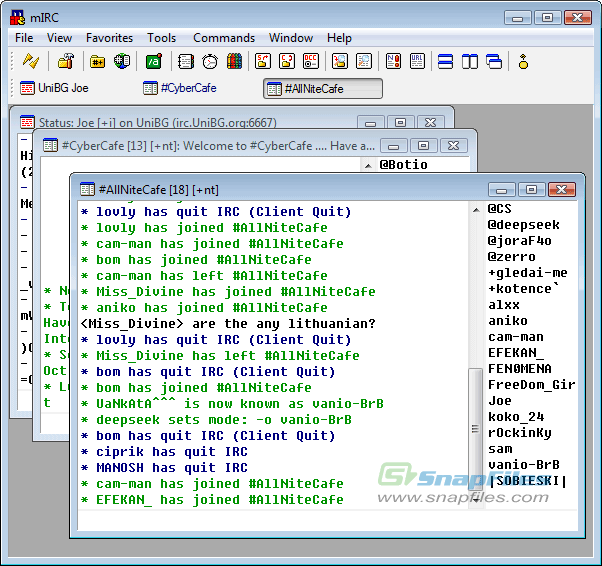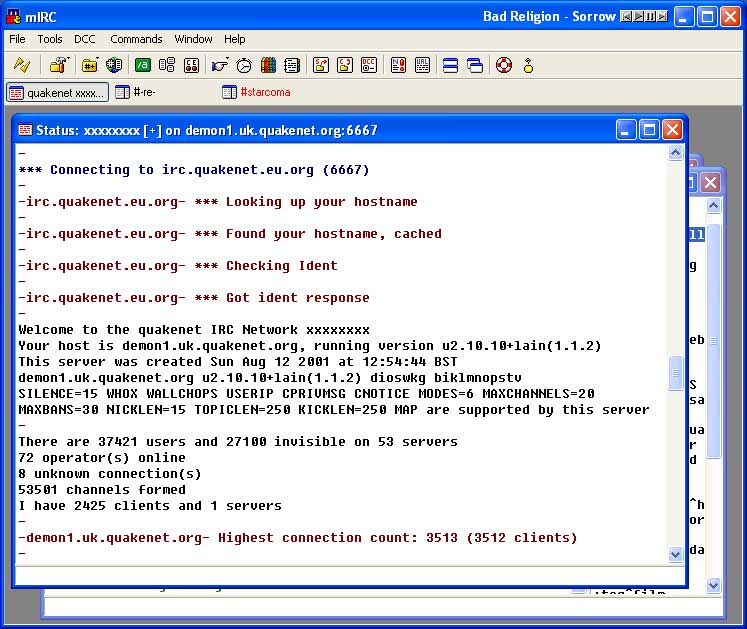
Java support in Internet ExplorerĪs you may have discerned from IE Tab above, Internet Explorer still supports the Java plugin. Under the General tab, click the View button in the Temporary Internet Files section to launch the Java Cache Viewer in a separate window.ĭouble-click an application listed in the Java Cache Viewer to launch it without needing a web browser. Launch the Java Control Panel ( Control Panel > Programs > Java icon). Use Cache Viewer to launch applications you have already downloaded. Double-click the shortcut to run the app.Īlso included with JWS is a Java Cache Viewer. If they do, download it and save a shortcut on your desktop Java app developer’s website to see if they have a JWS download link for

Java app that uses it (usually in the form of a. To run use JWS technology? JWS launches automatically if you download a The question is does the Java application you want If you have the Java plugin on your Windows machine, then you have The extension uses the Internet Explorer rendering engine to display Java content (ActiveX and Silverlight content too). Available for Chrome from the Chrome Web Store, IE Tab emulates Internet Explorer within a Chrome browser window. The “IE” in IE Tab is an abbreviation for Internet Explorer. To use Java in Google Chrome, install the IE Tab extension.

The third and fourth methods use alternative browsers that are lower in the browser pecking order, but offer Java support on Windows 10 just the same. The second method displays content that requires Java without using a web browser at all. The first allows users of Chrome - the most popular web browser - to view Java content within the Chrome wrapper. There are four primary methods to view Java content on your PC. Regardless, there is still Java support on Windows 10.

Netscape Plugin Application Programming Interface (NPAPI) is an API technology required to run Java content in web pages.

After all, the “N” in NPAPI stands for Netscape, a web browser born last century. Chrome, Firefox, Safari, and Edge all abandoned Java support as long ago as 2015. Despite deprecation of NPAPI plugins like Java in major web browsers, some need for legacy Java support still remains.


 0 kommentar(er)
0 kommentar(er)
